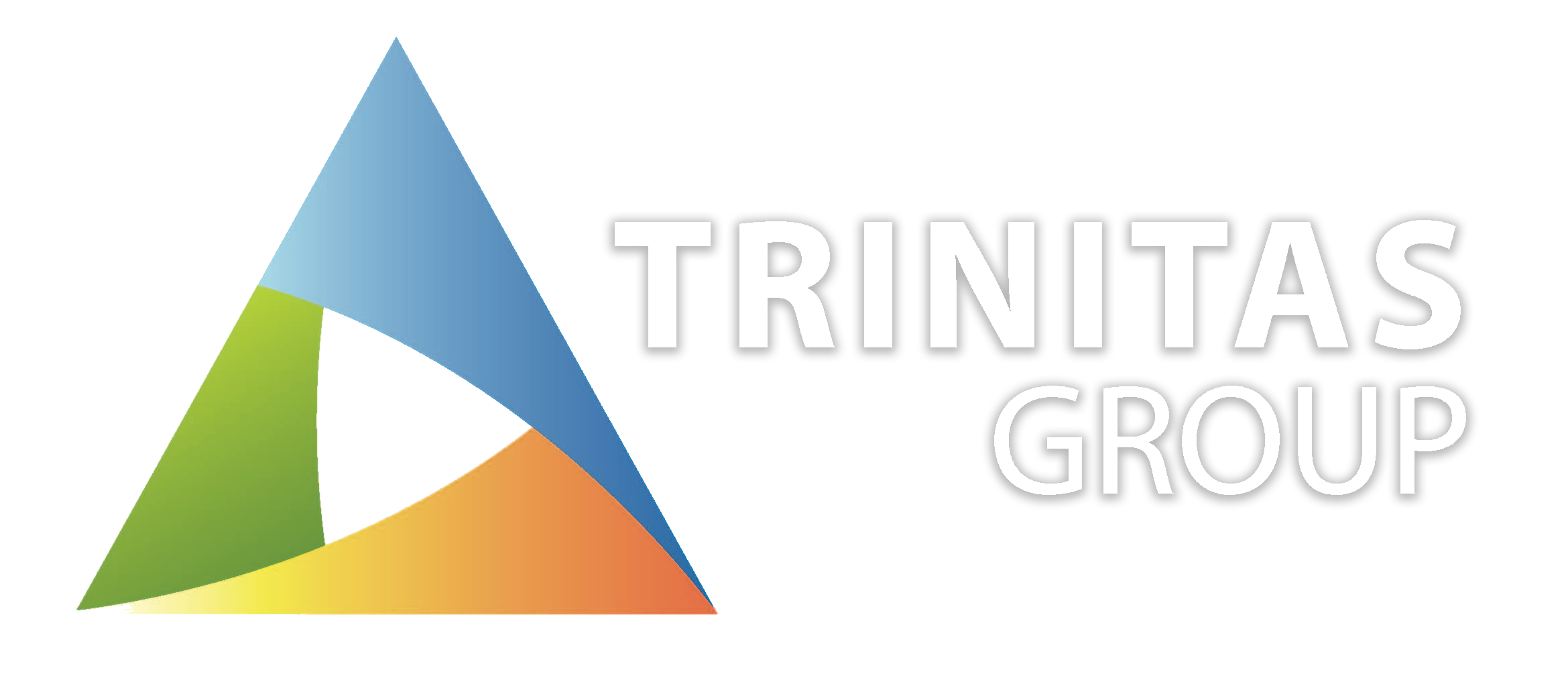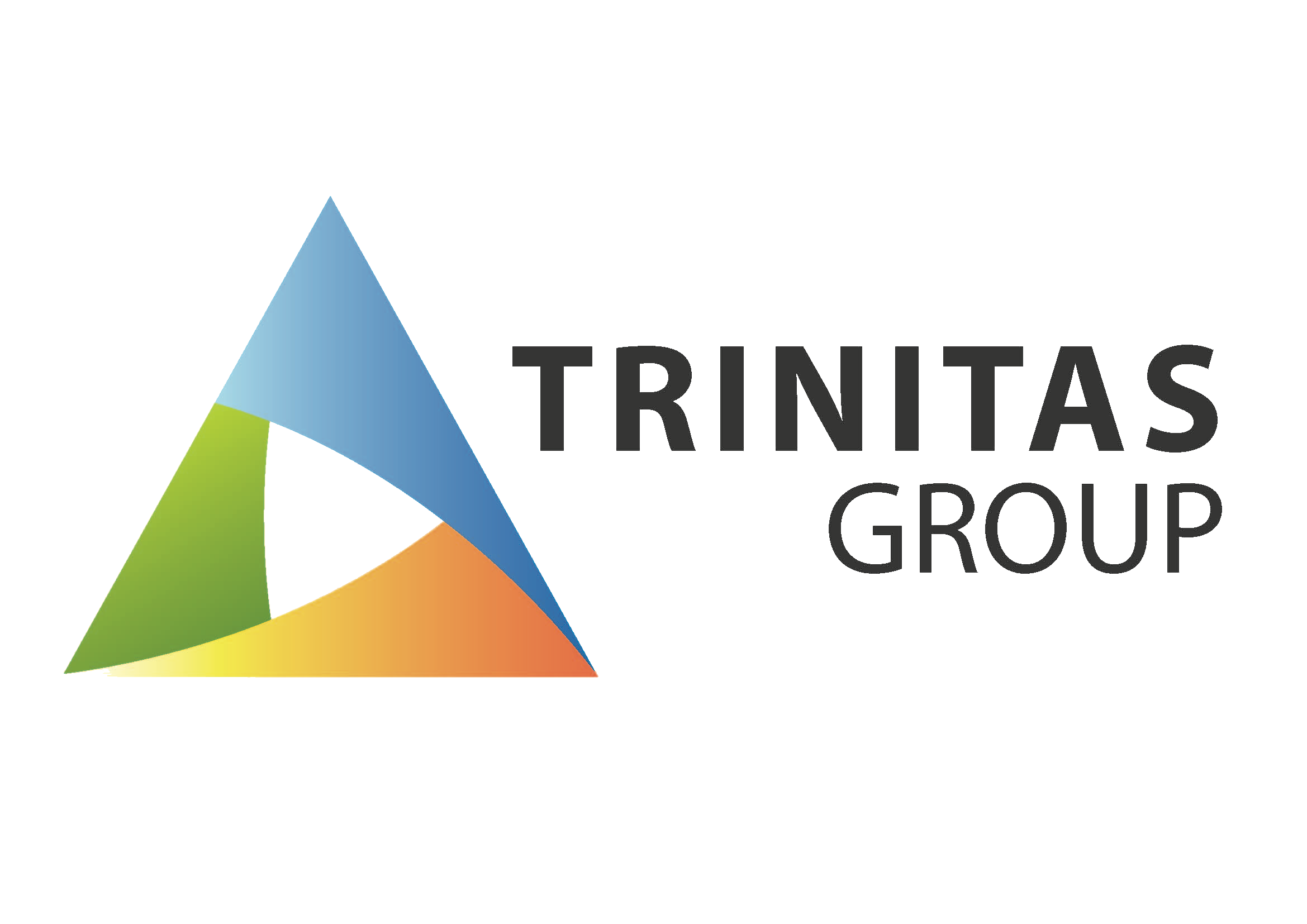The Albanese Labor Government has announced that it is taking steps to reduce increasing rates of occupational respiratory disease in Australia in a bid to eliminate silicosis across the country.
Almost one in four employees who work with engineered stone products, and who have been working in the industry prior to 2018, have been diagnosed with silicosis or other silica dust-related conditions, and that number is expected to increase.
This week, the government announced a grant of $3.95 million to support the Lung Foundation Australia, which will focus on prevention and awareness campaigns, as well as building a strong dust disease evidence base and expanding the organisation’s research capability.
The campaign element of the grant will focus on education and communication strategies to prevent workers from developing dust diseases and work on raising awareness of the risks while working in dust-generating industries, which can range from engineered stone industries to construction, mining and quarrying.
The investment will be used to:
- Expand Lung Foundation Australia’s Respiratory Care Nurse telephone-based service
- Develop and implement a Silicosis Care Management Plan for use by GPs
- Create a single, centralised hub to provide affected workers and their families with the information, support and expert advice they need
- Expand the National Safe Work Month to raise awareness of occupational lung disease
- Establish a research forum, and
- Develop a National Rapid Response Protocol.
The Assistant Minister for Health and Aged Care, Ged Kearney MP, explained that “Workers deserve to feel safe and protected on the job, and go on to live happy, healthy lives with their loved ones – not deal with the consequences of a preventable and incurable respiratory condition.”
“Silicosis is a preventable disease, and yet it continues to affect too many of our workers and we know the numbers are likely to increase.”
“Raising awareness and developing better coordinated care strategies is an integral part of tackling the problem. There’s work to be done and this is a step in the right direction.”

